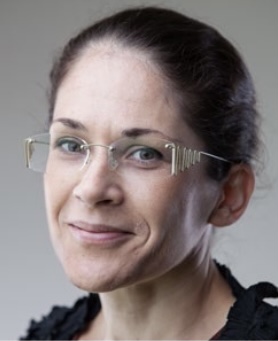Laure Berti-Équille

Laure Berti-Équille is a Research Director (DR1) at IRD, the French Research Institute for Sustainable Development. Before, she was a full professor in Computer Science at Aix-Marseille University (France), a senior scientist at Qatar Computing Research Institute (Qatar), an associate professor at University of Rennes 1 (France), and a 2-years visiting researcher at AT&T Labs Research in New Jersey (USA), as a recipient of the prestigious European Marie Curie Outgoing Fellowship. In 2022, she was a visiting scientist at Massachusetts Institute of Technology LIDS (Laboratory for Information & Decision Systems) in the DataToAI group. Her current research interests are on the inter-play of data management and machine learning with a focus on anomaly detection, data cleaning and preparation, and data fusion. She has more than 100 publications in major conferences or journals along with two books, and 10 co-edited proceedings. She has co-organized numerous workshops on information and data quality in conjunction with top conferences such as SIGMOD and VLDB. She has given several tutorials and keynote talks on data curation and data engineering for applied machine learning (KDD’22 & ’21, ICDE’18 & ’16, CIKM’15, KDD’09, ICDM’09). She served in many program committees of international conferences and was an Associate Editor of the VLDB Journal and the ACM Information and Data Quality Journal. She has been leading projects with grants from the French National Agency of Research (ANR), the French National Research Council (CNRS), Belmont Forum, and the European Union. She is a IEEE and ACM senior member.